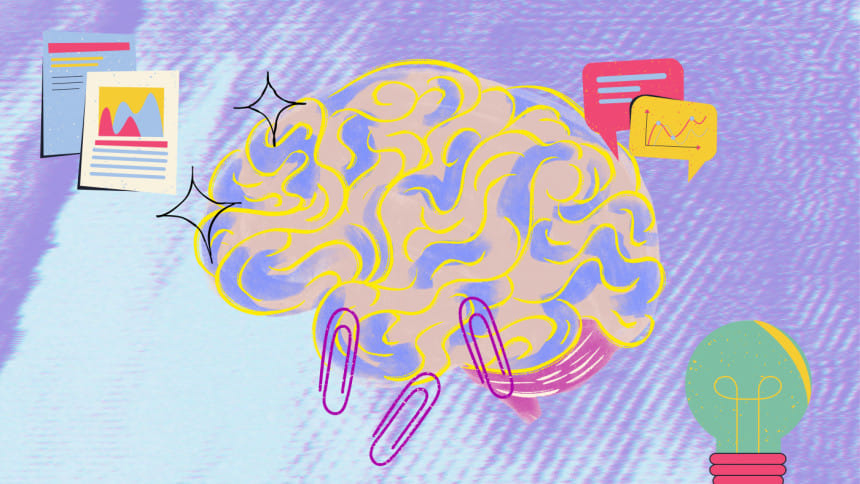Emotional intelligence: The X-factor for professional success

In the ever-changing landscape of the modern professional world, success isn't just about skills; it's also about understanding and managing others, including your coworkers, employers, and clients. Experienced professionals will admit that emotional intelligence is a secret weapon in today's workplaces; guiding you through office dynamics and fostering collaboration with teammates. If you plan to level up your professional success, you must come to terms with your emotional intelligence, and, if possible, improve it. Here are some ways to go about that task.
What is emotional intelligence?
From a professional standpoint, emotional intelligence (EI) refers to the ability to recognise, understand, and manage both one's own emotions and the emotions of others in the context of the workplace. Professionals with high EI have a keen understanding of their own emotions, strengths, weaknesses, and how their emotions can impact their behaviour and decision-making.
EI also involves the ability to manage and regulate one's own emotions in various situations. This includes staying composed under pressure, controlling impulses, and adapting to changing circumstances. Emotionally intelligent individuals can set and pursue goals with enthusiasm and can bounce back from setbacks with resilience.
What factors are involved in emotional intelligence?
Effective communication is perhaps the most important factor that determines one's emotional intelligence in a professional setting. Professionals with high EI can express themselves clearly and listen attentively. They understand the importance of non-verbal cues and are skilled at interpreting and responding to the emotions conveyed by others. Retaining clear and transparent communication with your coworkers is the first step towards a healthy workplace relationship.
Empathy is another critical component of EI in a professional setting. It involves the ability to understand and share the feelings of others, fostering positive relationships and effective collaboration with colleagues, clients, and stakeholders. Strong interpersonal skills are also needed, as these include effective communication, conflict resolution, and the ability to navigate social situations with tact and diplomacy.
Emotional intelligence comes hand in hand with self-awareness. Do you recognise the depth of your own emotions and the impact you have on others? One can't develop their EI without self-assessing their strengths and weaknesses, and taking necessary steps to address any personal quirks or flaws.
Jobs where having emotional intelligence helps
Customer service: If your job involves talking with clients and customers, having emotional intelligence will allow you to better understand and respond to the needs of people. As such, you will be able to improve your organisation's overall customer satisfaction by resonating with the emotions of others.
Human Resources (HR): HR professionals deal with employee relations, conflict resolution, and recruitment. As such, emotional intelligence is essential in understanding and responding to the needs and emotions of both employees and job applicants.
Healthcare professionals: Doctors, nurses, and other healthcare professionals should always be able to navigate emotionally charged situations. Emotional intelligence is vital for providing compassionate care, building trust with patients, and working collaboratively with colleagues.
Sales and marketing: Sales professionals need to understand the emotions and motivations of clients to build rapport and make successful sales. Emotional intelligence is also valuable in creating persuasive marketing campaigns.
Counselling and therapy: The type of job that requires EI the most - professionals in counselling, therapy, and mental health services rely heavily on emotional intelligence to connect with clients, understand their emotions, and provide effective support.
Emergency services: First responders, such as police officers, firefighters, and paramedics, benefit from emotional intelligence in high-stress situations. It helps them manage their emotions and effectively communicate with individuals in distress.

 For all latest news, follow The Daily Star's Google News channel.
For all latest news, follow The Daily Star's Google News channel. 








Comments